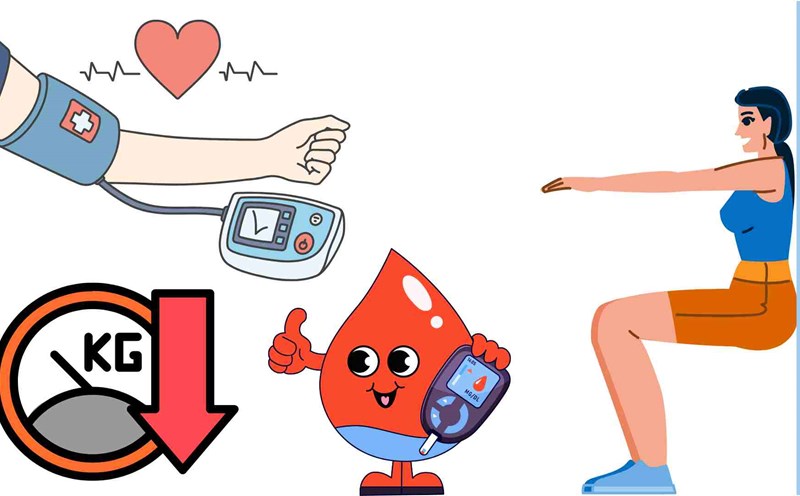According to the American Diabetes Association (ADA - USA), the phenomenon of high blood sugar in the morning can be caused by the "dawn phenomenon" - when the body secretes many hormones such as cortisol and glucagon in the early morning, stimulating the liver to produce glucose. In addition, Somogyi syndrome (a reactive hyperglycemia after night-time hypoglycemia) is also a common cause.
Warning signs
Heavy thirst and dry mouth: When blood sugar increases, the kidneys are forced to work harder to filter and excrete glucose, causing the body to lose water.
Fatigue, difficulty concentrating after waking up: Even if you sleep enough, you still feel exhausted because glucose is not used effectively by cells.
Heavy urination in the early morning: This is a sign that the kidneys are trying to remove excess sugar.
Headache or poor vision: High sugar intake changes permeability pressure, temporarily affecting circulation and vision.
According to the Mayo Clinic (USA), if you often have a morning glycemic index above 126 mg/dL (fasting) or the above signs appear, patients should see a doctor to adjust their diet, take medication or change insulin doses.
Note
Eat dinner early, limit the quick absorption of starch.
Maintain gentle exercise in the evening to increase insulin sensitivity.
Check your blood sugar before bed to prevent nighttime hypoglycemia.










